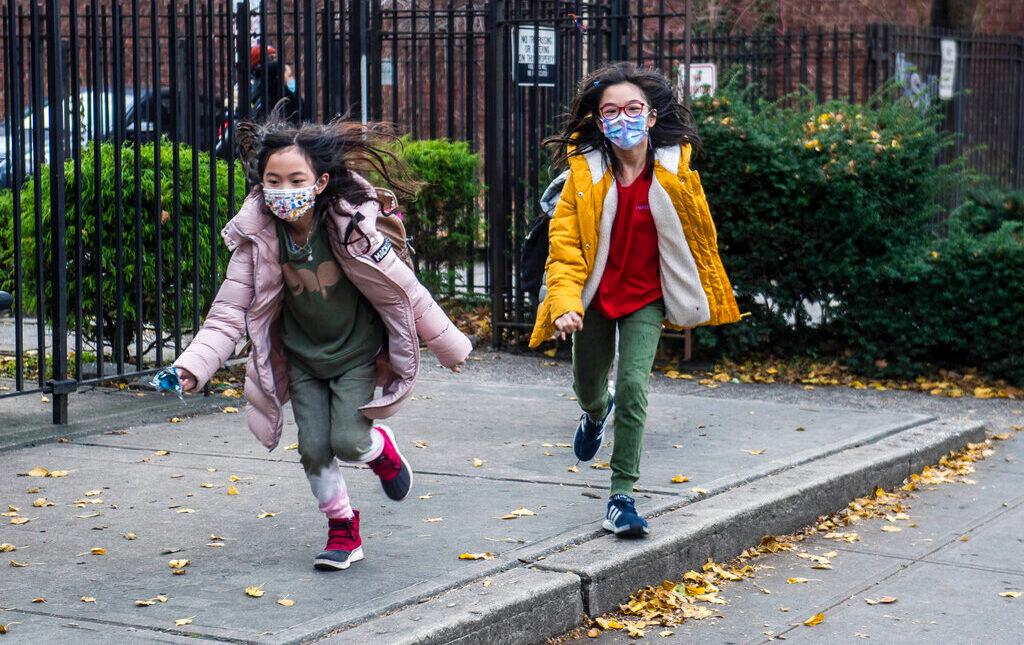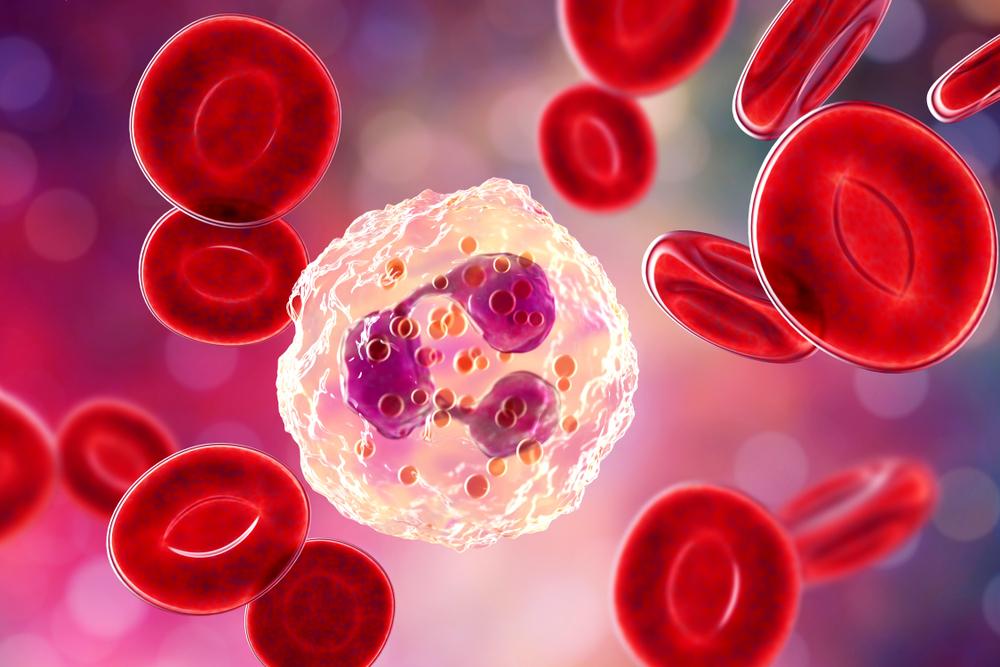Supportive relationships with family and friends, exercise and sleep was found to reduce the harmful effects of the COVID-19 pandemic on adolescents’ mental health, according to a study funded by the National Institutes of Health (NIH) released on Jan. 24.
The NIH listed “poorer quality and functioning of family relationships” and increased “screen time,” including social media and video games, as factors that “predicted youth distress.”




